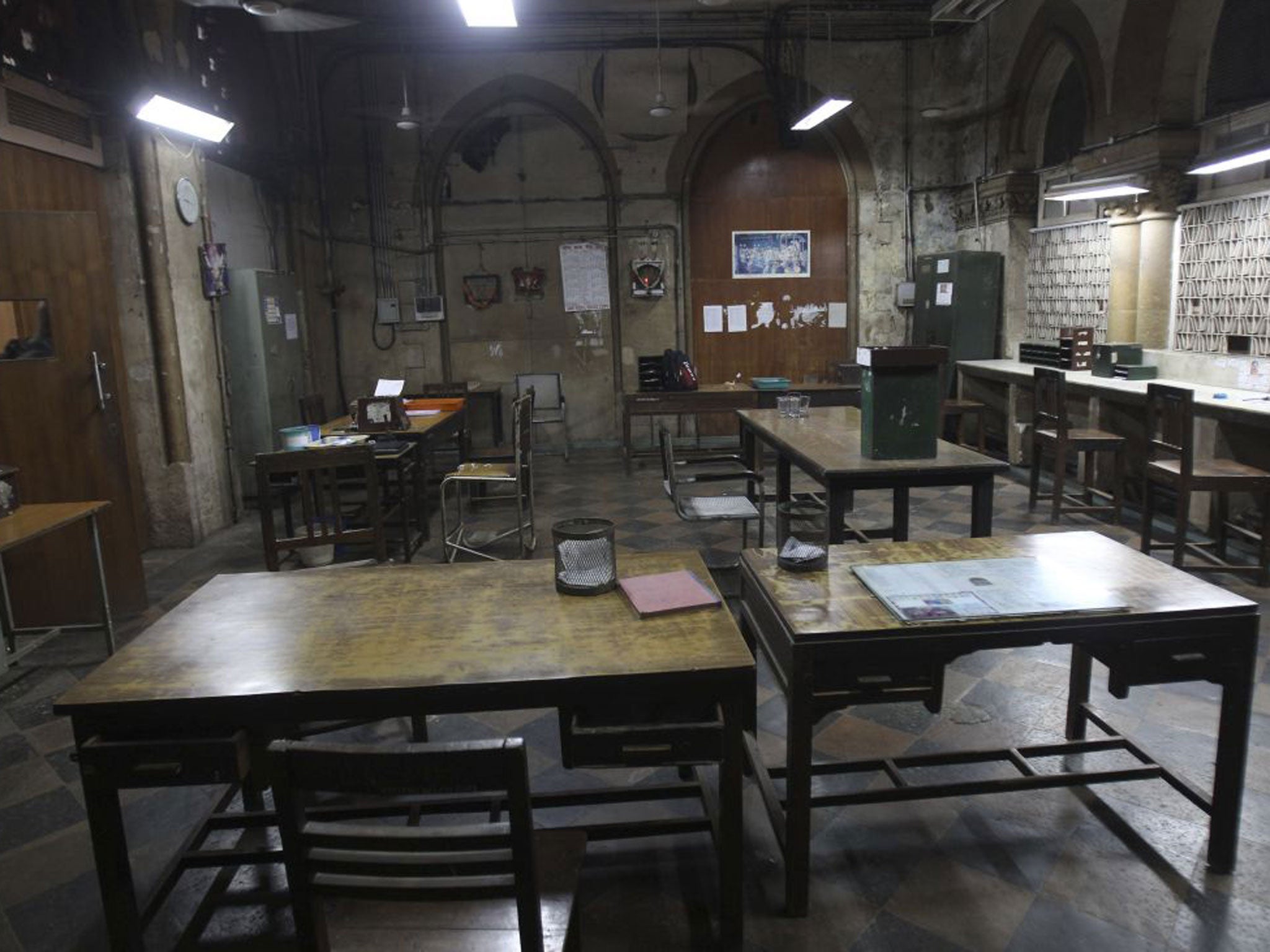Silence of the ’grams: India’s telegraph offices go quiet after 160 years

Your support helps us to tell the story
From reproductive rights to climate change to Big Tech, The Independent is on the ground when the story is developing. Whether it's investigating the financials of Elon Musk's pro-Trump PAC or producing our latest documentary, 'The A Word', which shines a light on the American women fighting for reproductive rights, we know how important it is to parse out the facts from the messaging.
At such a critical moment in US history, we need reporters on the ground. Your donation allows us to keep sending journalists to speak to both sides of the story.
The Independent is trusted by Americans across the entire political spectrum. And unlike many other quality news outlets, we choose not to lock Americans out of our reporting and analysis with paywalls. We believe quality journalism should be available to everyone, paid for by those who can afford it.
Your support makes all the difference.India’s telegram service has been withering for decades, to the extent that yesterday the last private messages were sent more than 160 years after the first. Yet for 24 hours it was like the good old days as hundreds of people visited the country’s 75 offices to send their final missives to friends and family, and staff holidays were cancelled to meet the demand.
Some sent messages urging the Telecoms Minister Kapil Sibal to reconsider, yet $250m (£165m) losses in the last seven years meant the game was up. “The losses were mounting. It was not viable to have kept it going much longer,” said Shameem Akhtar, the service’s general manager.
The service began in 1850 with the sending of a message from Kolkata to Diamond Harbour 25 miles to the south. Offices proliferated, wiring the Subcontinent with a network that became known for its speed and dependability. Yet telegrams eventually fell victim to technological advance. “It’s no longer about a birth in the family, or a death,” said Lata Harit, an employee at Delhi’s Kashmere Gate office. “For that, people rely on their [mobile] phones.”
Join our commenting forum
Join thought-provoking conversations, follow other Independent readers and see their replies
Comments